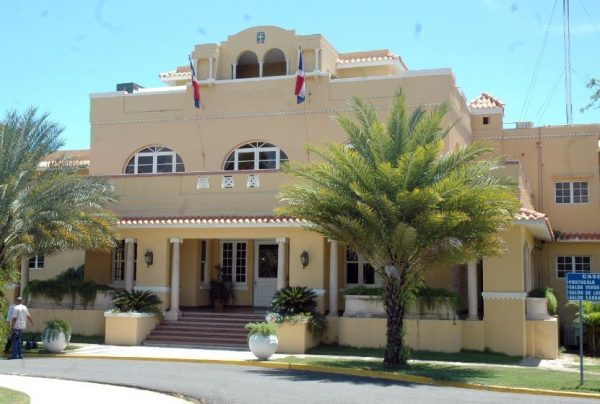
President Luis Abinader has announced foreign policy shift. Relations with the United States, China and Haiti are the focus.
The Dominican embassy in Israel may well be relocated to Jerusalem, following the United States’ path. Foreign Minister Roberto Alvarez has been very clear the Dominican Republic’s priority in strengthening relations is with the United States, the country’s largest trading partner. Remittances from Dominicans living in the United States are essential for the country’s sustainability. Likewise, the DR seeks to increase investment in nearshore production and other areas. The US is also the main source of tourism. At the present time, the numbers of tourists are down to a trickle due to the Covid-19 virus.
Relations have cooled with the People’s Republic of China (PRC). The Dominican Republic signed relations with China at the end of May 1918, abruptly ending the 70-year relationship with Taiwan. Then President Medina traveled to China to meet President Xi Jinping. Several agreements were signed, but the deals and borrowing with China never happened as originally was announced.
Now Abinader says he welcomes Chinese investments “in non-strategic areas.” He says maritime and airports and telecommunications are strategic areas off-limits for Chinese investment. China had signed a memorandum of understanding for the Port of Manzanillo. The Chinese investment did not move ahead after it was objected by the US government.
Regarding Haiti, Abinader has moved away from his “good neighbor” talk made during his inaugural speech and taken a tougher stance regarding the neighboring country. He told an interviewer from the Woodrow Wilson International Center that Haiti is a major problem for Dominican development. He mentioned the large numbers of Haitian women who cross the border to give birth, thus placing an important financial burden on the public health budget. He also noted that patrolling the border is very costly. He corroborated the points made by the Dominican Foreign Minister Roberto Alvarez at the UN Security Council when he stated quite clearly that there can be no “Dominican” solution to the problems of Haiti.
Last Saturday, 31 October 2020, the Dominican and Haitian authorities agreed to reopen the bilateral market in Dajabón that had been closed since March. Thousands of Haitians are allowed free access to cross over for shopping and buying for resale in Haiti. Haiti has announced a US$800 freight inspection charge on trucks delivering merchandise to Haiti.
Read more in Spaijsh:
El Dia
El Dia
Listin Diario
2 November 2020

